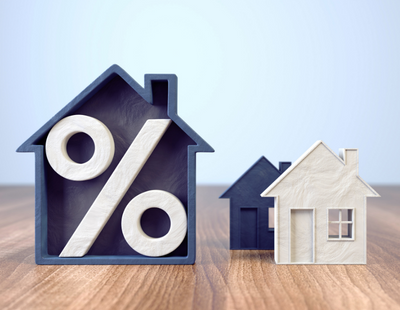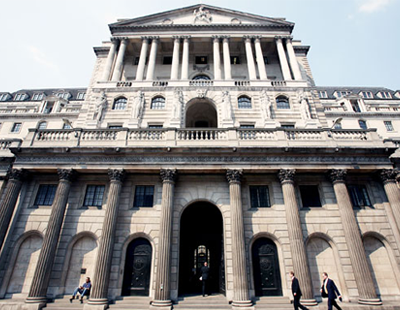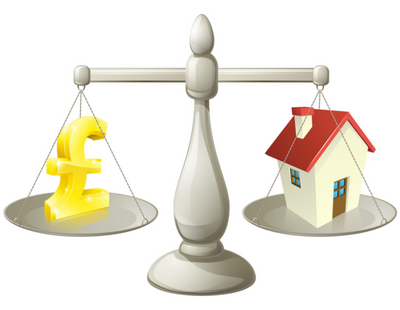The credit agency Standard & Poor’s has taken the radical line of accusing the Bank of England’s low interest-rate regime of helping keep house prices high - and in so doing making it harder for first time buyers to get on the ladder.
In a high-level report S&P says low interest rates and quantitative easing help existing home owners but have a contrary effect on the rest of the population.
"Younger low and middle-income households are the ones affected most. As buying a home becomes ever more expensive, they are increasingly forced to rent, spending a large share of their income on accommodation and unable to save to buy a home or otherwise accumulate wealth. It also contributes to an even higher income inequality when accounting for housing costs. In fact, while income inequality fell slightly immediately after the crisis and has remained broadly stable since then, inequality when accounting for housing costs is on the rise again" says S&P’s chief economist Jean-Michel Six.
In a reference to the low interest rate determined by the Bank, the report says “it is now also one of the drivers behind the widening wealth and income gap between younger and older generations and between those on the housing ladder and those not on it.”

















%20-%20IMAGE%20Client%20Accounting%20%E2%80%93%20what%20are%20your%20options.jpg)


.png)
.png)
.png)
%20(002).png)






%20(002).jpg)





%20A%20property%20tale%20for%20our%20times.png)








Join the conversation
Jump to latest comment and add your reply
Superficially this may be true but take a deeper look and there are complications. Borrowing money over the long term on a short term variable interest rate is risky for the individual and the market. if the current low interest rates were permanent then lenders could adjust their policies accordingly but because it isn't they can't. From a savers point of view they have been hammered and can you blame them for rejecting shares and buying property? What other choice do they have, answer none.
Nothing to do with the government restricting supply then - whether deliberately or through sheer incompetence.
High house prices are a supply and demand issue, pure and simple. Supply hasn't kept up with demand for decades, hence the rapid rise in prices over recent years. It's got even worse since the financial crisis. Our housebuilding is at its lowest levels since the 1930s. Of course, this places extra pressure on the PRS, with landlord-bashing becoming the new game for the media and the public. Buy-to-let investors are the devil incarnate, when all we're doing is providing housing that isn't being provided by the government. Direct your ire at them, not us.
Ratings agency Standard & Poor's (S&P) has agreed to pay a $1.38bn (£934m) settlement to US regulators over allegations it knowingly inflated its ratings of risky mortgage bonds.
The settlement covers mortgage bond ratings between 2004 and 2007.
The bonds, which included sub-prime mortgages, were blamed for the collapse of the US property market and subsequent global financial crisis.
Please login to comment